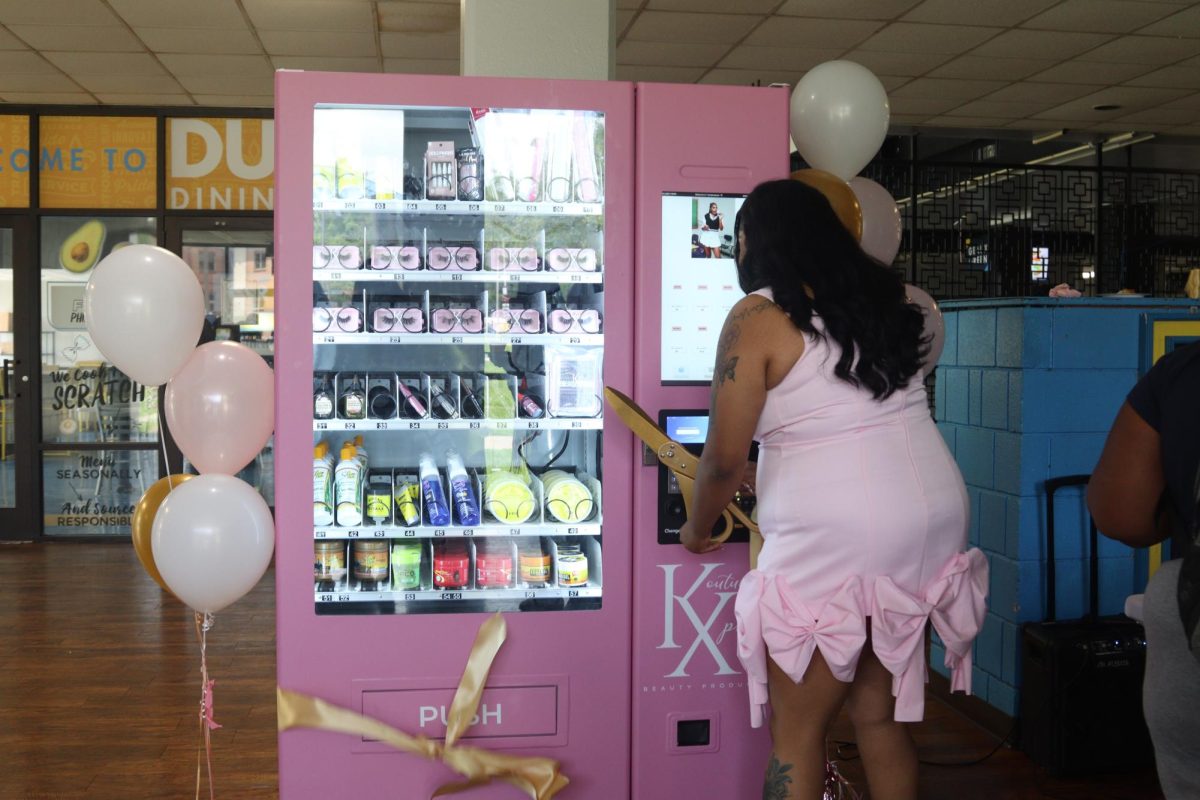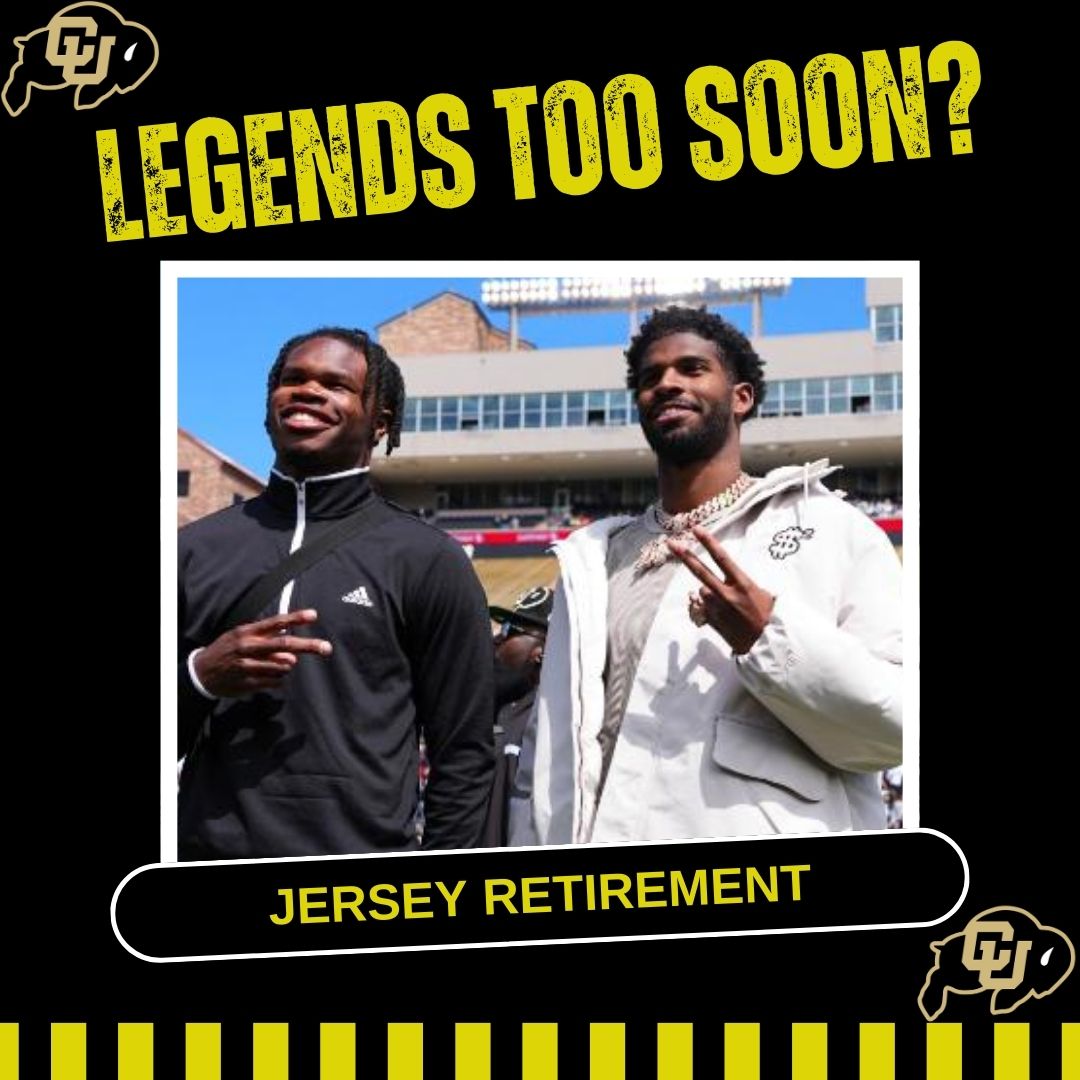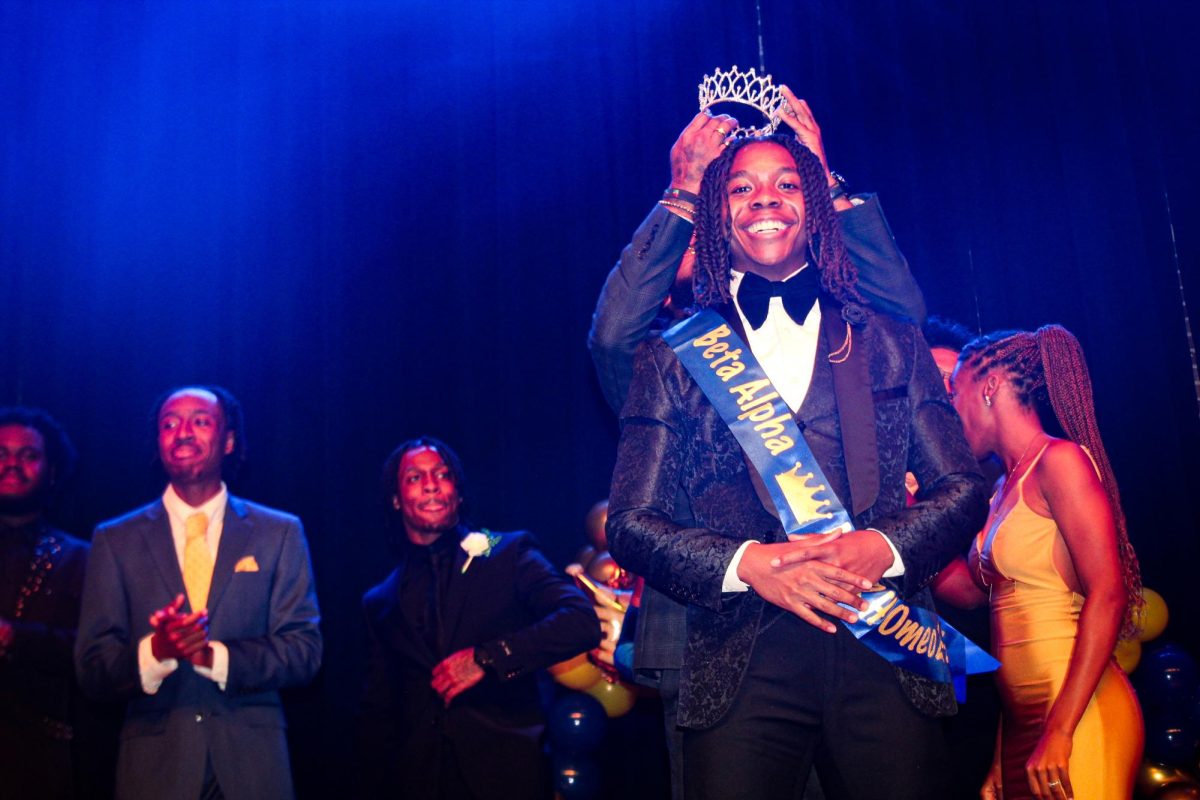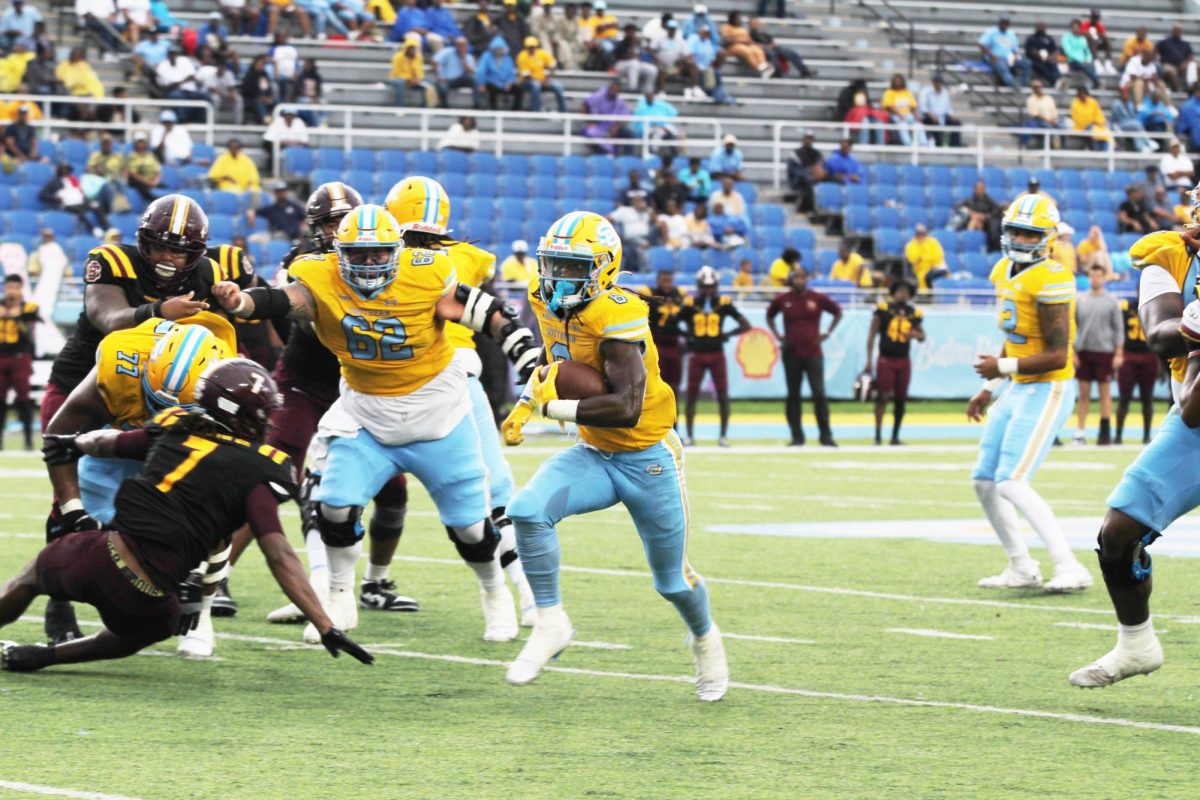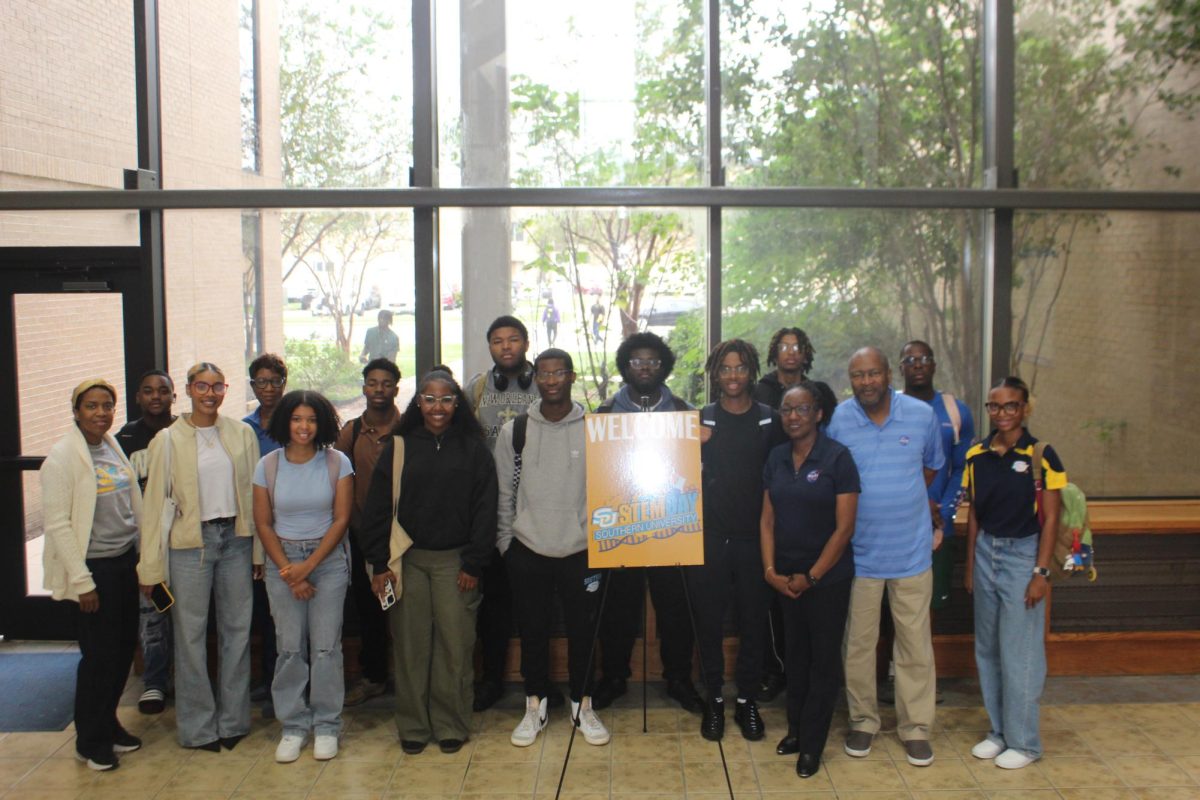In spite of the disruption caused by the spread of the novel coronavirus, the SGA elections of Southern University were far from slowed. Instead of the usual campus oriented events and interactions, campaign hopefuls and their supporters found their way onto social media platforms such as Twitter and Instagram. This gave campaign teams a unique chance to interact with the student body in a way that previous years only got a taste of.
And while these platforms compensated well for the situation at hand, let’s never do this again. It would be in the best interest of Southern officials, students, and anyone who values decency and sanity to limit the usage of social media within future elections. While the intention for these platforms was undeniably pure, the behavior displayed by those ranging from elected students to alumni was less than stellar, and took away from the representation of candidates.
There is no inherent harm to social media campaigns in general theory, however there is a far greater risk attached. A post on Twitter from someone in Baton Rouge can reach viewers all the way in Bangladesh, and it is embarrassing for your institution to be represented by students calling others homophobic, misogynistic slurs, as well as body shaming. As an institution of higher learning, some of our students have not reflected our mission by participating in such.
Although student involvement is essential to campaigns, there is a clear line where involvement and pettiness must be distinguished. Speaking up in support of or questioning the platforms of candidates is valid. Threatening fellow students or creating chaos for pure entertainment is far from admirable. This past campaign season saw conversations rooted in candidates’ mission statements veering off into blatantly disrespectful banter.
For those interested in future campaigns, take into consideration that your fellow Jaguars are not your enemy, and competition holds no power without sportsmanship. The bashful behavior displayed by students and others is not an example of how to operate, but who to avoid.
For those who won or lost in these positions, your participation is a shining testament to those who look up to you. However, this testimony becomes void if you can not check your own camp, as officials without retrospective vision are as trustworthy as a drunk bus driver. (Nobody wants to tag along for either ride.) As a recommendation, if you were a candidate who had others representing you in less than honorable ways, it’s time to do an inventory check. They are present for more harm than good.
The way these disagreements, discourses and disappointments are handled is a reflection of these campaigns. Pay close attention to who took the high road, and who went for the low blows. Or, even better said, “When someone shows you who they are, believe them the first time.”
Categories:
Game of Phones: The Electoral Dilemma of 2020
March 26, 2020
0
More to Discover

